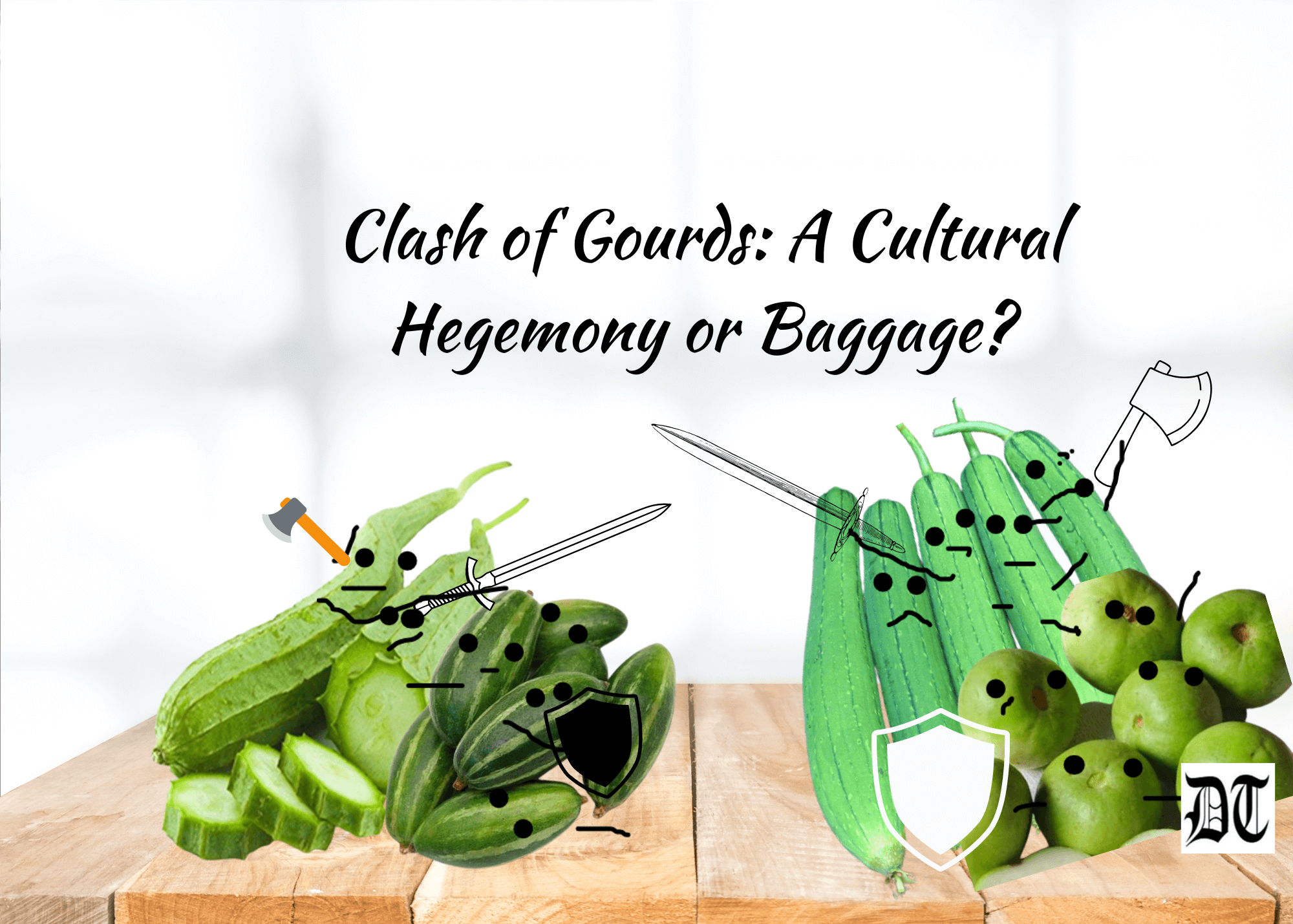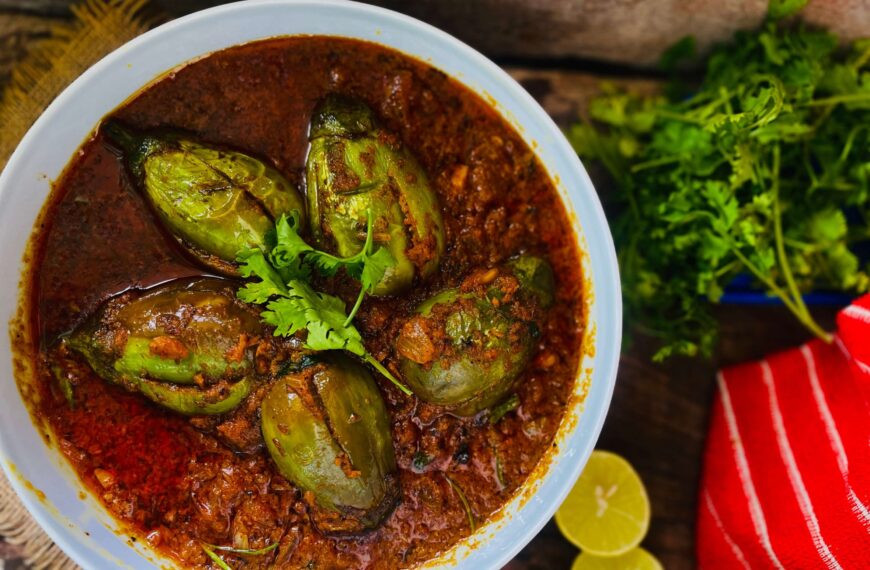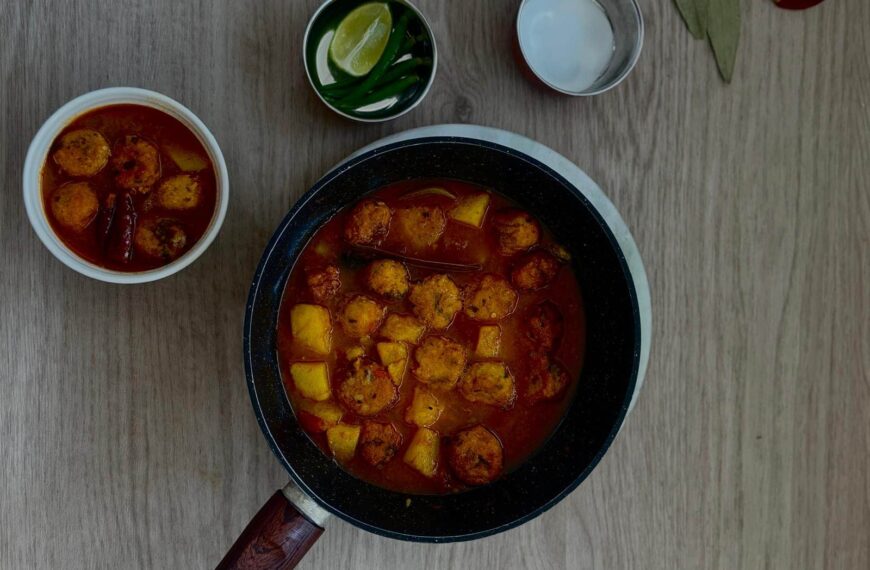Soumya, part of a cross-cultural couple, found that food items became a bone of contention between partners from different states. Replete with humour, he states cultural hegemony and baggage – exclusively for Different Truths.

The biggest problem with a cross-cultural couple is the dinner menu.
The difficulty in choosing the cuisine is a fertile ground for marital disputes.
In our family, one vegan brother married a beef-eating German, another regular fish and mutton-loving Bong married a Rajasthani pundit who is a Talibani vegetarian, unable to eat in homes or restaurants where non-veg food is served, and still, they somehow manage things.
I’m married to a Sardarni, who eats most things we eat but cooks differently.
Mine is relatively more straightforward, as I’m married to a Sardarni, who eats most things we eat but cooks differently.
This led to the most disagreements in our family, till we decided to have alternate meals of our choice. Kids love both, and they have a great time.
It’s roti vs rice, alu (potato) in mutton or not, rajma vs prawn curry, and whether sugar can be added to dishes. Please note that being West Bengali ghotis, we tend to add sugar to most dishes, like the Gujaratis…luchi (puri) vs paratha and the eternal potol (parwal, pointed gourd) vs tinda (round gourd) and jinge (ridged gourd) vs tori (loofah gourd) – clash of the gourds!
Things had generally settled down when on a train journey, our co-passengers in the AC 2-tier cubicle were a young couple, the man, a captain in the Indian army and a Bengali, and his young bride, a pretty Punjabi lady.
Being the same-age cross-cultural couple, we hit it off very well and soon became best of pals.
Being the same-age cross-cultural couple, we hit it off very well and soon became best of pals.
Until dinner time.
The conversation naturally veered towards our different cuisines and how we reconcile them.
That’s when the flood of angst of the two ladies, who, despite being the boss of the kitchen and the house, had pandered to the neediness of the husbands and submitted to Bong’s cultural imperialism.
We were blown away by the flood of passionate recriminations from the two wronged ladies who finally were letting go having found a fellow sufferer.
And the height of their objections, “Who can like the insipid potol (pointed gourd) and hate the delicious tinda (round gourd), which is the same thing in a different shape?”
We were silent, mainly because we didn’t understand what they meant; I mean, who prefers the insipid tinda to a crunchy potol, especially as they are the same thing in a different shape?
Picture design by Anumita Roy, Different Truths






 By
By

Nice, subtle humour. I expected some atonal music of pots and pans to decide whether tinda was better or potol!